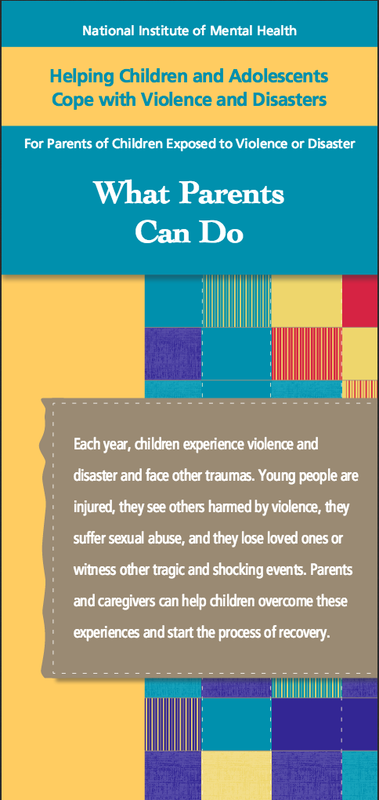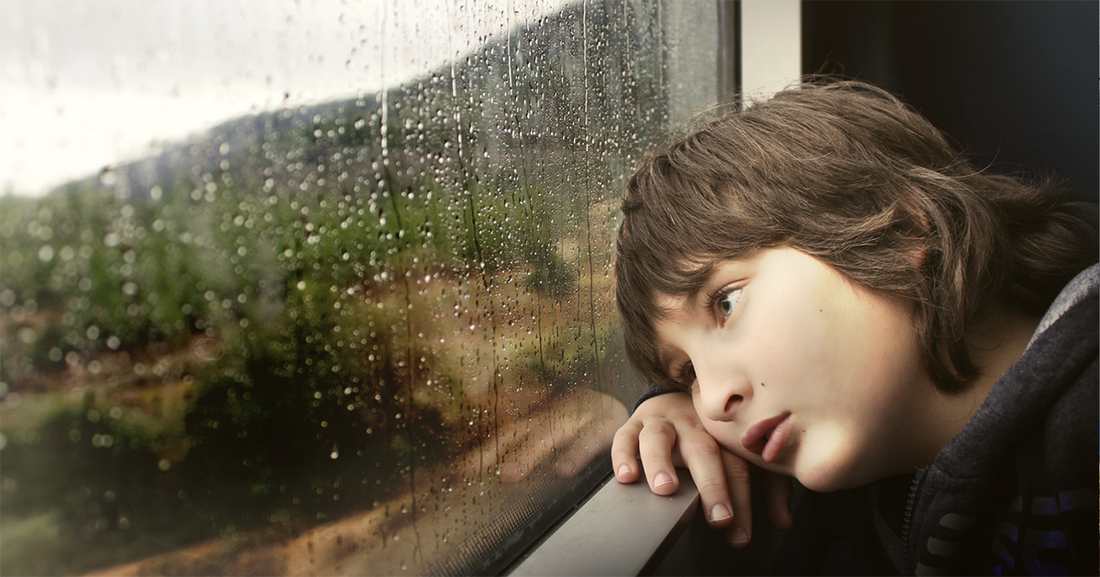Helping Children Cope With Tragic Events in the News
Children deal with trauma and disaster differently than adults. Learn how they can be affected even by watching the evening news - and what you can do to help them cope
- by Christina Richardson
I was living in Alexandria, Virginia in 2001. My home was less than a mile down a hill from the Pentagon. From the top of the hill on Ridge Road I could look down and see the destruction caused by the airplane that plowed in the freeway side of the building. Many of my clients for the next few years were children who had seen the results of the attack, in person and over and over on television. They did not realize what they saw was a repeat and thought that “lots of planes were crashing.” Children can learn to cope with many disturbing things in life as long as they have caring adults on hand who want to help them. Even if children don’t mention what they’ve seen and heard in the news, it can help to ask what they think has happened. You may be surprised at what they have heard and their interpretation of the events. 
There are many ways to help children cope. When children see something, try to get the focus on the helpers, like the firemen, paramedics, doctors and volunteers. It is reassuring for them to know that there are many caring people who are doing all they can to make the situation better.
One of my resources in working with these children was a wonderful book published by Family Communications, Inc. It is the “Mister Rogers Parenting Book.” In addition to the chapter on tragic events in the news, the book has a section on everyday experiences such as making friends, learning readiness, everyday rules and limits; a section on first experiences, including going to the doctor, the new baby and starting kindergarten; and a section on special challenges like moving, divorce, and dealing with death. When there is crisis and it is all over the news, try to keep yourself calm. Give your child extra comfort and physical affection. Plan something you enjoy together, like taking a walk, going on a picnic, or doing something silly. It can help to know that there are simple things in life that can help us feel better. An excellent resource from the National Institute of Mental Health is a brochure entitled “What Can Parents Do” Comments are closed.
|
Categories
All
Archives
July 2024
|
Shoofly Magazine Partners
Our Shoofly Partners are local businesses and organizations who share our mission to enrich community life in Bay St. Louis, Waveland, Diamondhead and Pass Christian. These are limited in number to maximize visibility. Email us now to become a Shoofly Partner!




























 RSS Feed
RSS Feed























